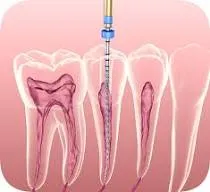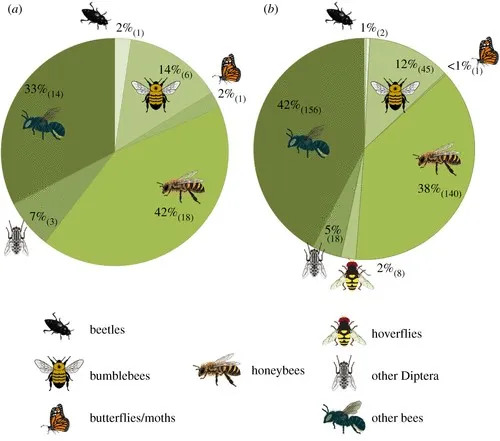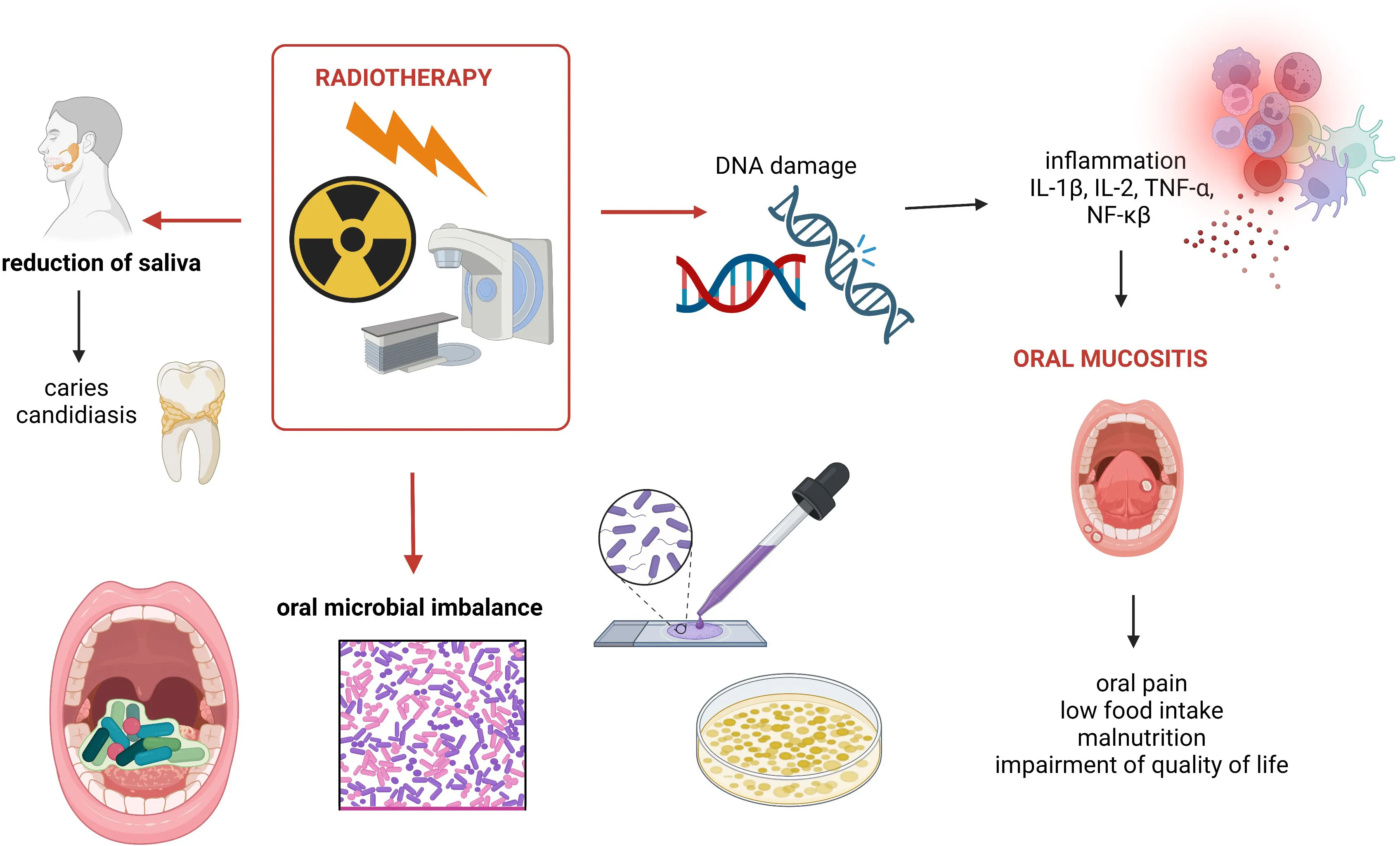Trends
Anti-Cancer Therapy Options in Pediatric Patients, Prevalence of Oral Mucositis, and Treatment Strategies in Saudi Arabia: A Cross-Sectional Survey
Biometrics System and its Uses in Forensic Science
Preventive Measures to Prevent the Abuse of Mydrapid and Plegica eye Drops as Narcotics in Palestine
Objective: This prospective study aimed to evaluate the intensity, prevalence, and categories of postoperative pain following root canal therapy on teeth with vital or necrotic pulp, as well as subsequent to retreatment procedures, at Riyadh Elm University Hospitals. Additionally, the study investigated the effects of educational level and operator's experience on postoperative pain.
Materials and Methods: The study included 125 participants who underwent root canal treatment performed by dental practitioners at various stages of their careers. Data were collected on variables such as age, gender, pulp diagnosis, tooth location, postoperative pain levels at different time intervals, instrumentation technique, obturation method and materials, irrigation solution, number of visits, and medications prescribed. The Huskinsson visual analogue scale was utilized for evaluation of pain intensity.
Results: The study revealed a general trend of decreasing pain intensity over time following endodontic treatment. No significant differences in pain levels between males and females were observed at any examined time intervals. The educational level of the treating dentist did not significantly affect postoperative pain levels. However, statistically significant differences in postoperative pain levels were identified based on tooth location at 4 hours, 8 hours, and 16 hours, but not at later time points. A significant reduction in pain from the preoperative to the postoperative stage at 4 hours was also observed.
Conclusion: This study demonstrates a trend of decreasing postoperative pain intensity over time following endodontic treatment. Gender and the educational level of the treating dentist did not significantly impact pain levels, while tooth location influenced early postoperative pain experiences. These findings offer valuable insights into the progression of pain following endodontic procedures and highlight the importance of appropriate pain management strategies. Further research is needed to investigate factors influencing postoperative pain and to develop evidence-based guidelines for effective pain management in dental practice.

Dr. Abdulmohsen Al-Rabiah
Department of Restorative DentistryDepartment of Restorative Dentistry








